The federal government has made new anti-pollution measures mandatory for cruise ships, but environmental groups say they don’t stop contamination of some of Canada’s most sensitive coastlines.
Transport Minister Omar Alghabra announced recently that voluntary guidelines established in April are now mandatory. Those rules cover the discharge and treatment for so-called black water, or stuff from toilets, and grey water, kitchen water, water from laundry machines, and water containing cleaning products, food waste, cooking oils/grease and other pollutants.
But they don’t address the largest source of acidic water from cruise ships and other vessels, which continues to flow into the ocean unabated, said Anna Barford, shipping campaigner for Stand.earth Canada.
About 90 per cent of the discharge from cruise ships, she said, is discharge from engine-exhaust scrubbers that use water to trap pollutants such as sulphur dioxide, carcinogens and heavy metals and flush them into the ocean rather than the air.
“They’ve taken an air pollution problem and turned it into a water pollution problem,” she said.
The new rules also do not provide independent onboard observers to ensure cruise ships follow the new sewage and grey water rules, Barford said. “We know from the experience of our (U.S.) neighbours it’s necessary to enforce, and catch the rule breakers.”
The new regulations prohibit cruise ships from dumping grey or black water within three nautical miles of shore. And the rules also call for better treatment for grey water discharge if ships are dumping less than 12 nautical miles from shore.
If found to be breaking the rules, they face a potential maximum penalty of $250,000, said Transport Canada.
The new regulations are in line with rules already in place in Canada’s Arctic and other waters along the West Coast like Alaska, California and Washington state, Transport Canada added.
But the ministry was silent about the fact it’s OK for cruise vessels to dump scrubber wastewater along the length of B.C.’s inland coast and the Arctic Ocean, a particularly sensitive marine ecosystem facing dramatic increases in shipping as the sea ice melts with climate change, Barford said.
The ministry did not clarify if or when it plans to deal with water from scrubbers. Numerous jurisdictions, including California and European countries like Germany and France, have already banned such dumping, she said.
Polluted scrubber water could be avoided if ships were required to use cleaner-burning fuels. But International Maritime Organization rules and Canadian rules allow ships to use dirtier heavy fuel oil if they use scrubbers.
I wonder why Canada is so tardy in addressing these Cruise ship pollution issues … 

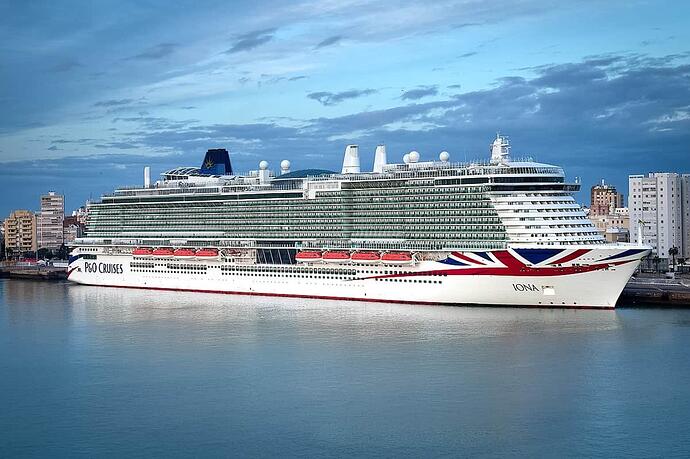
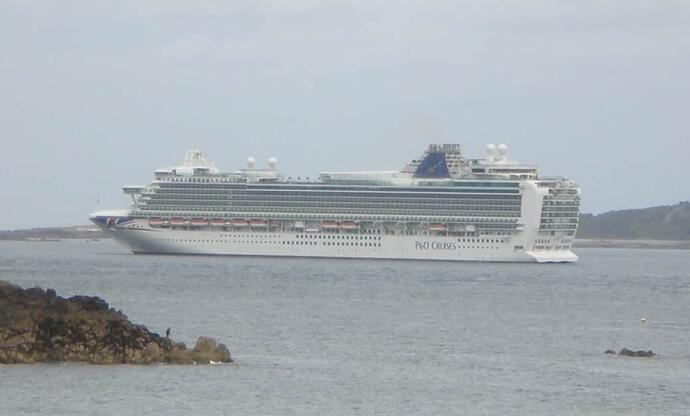

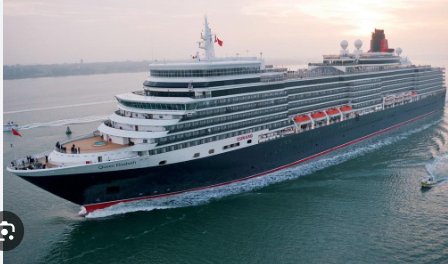
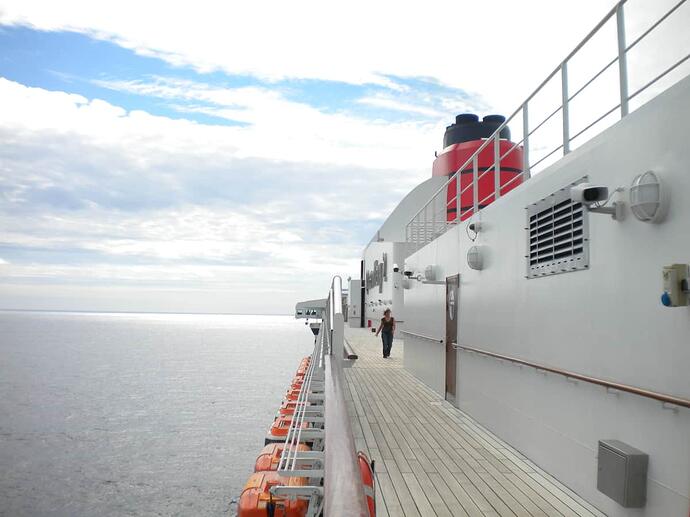

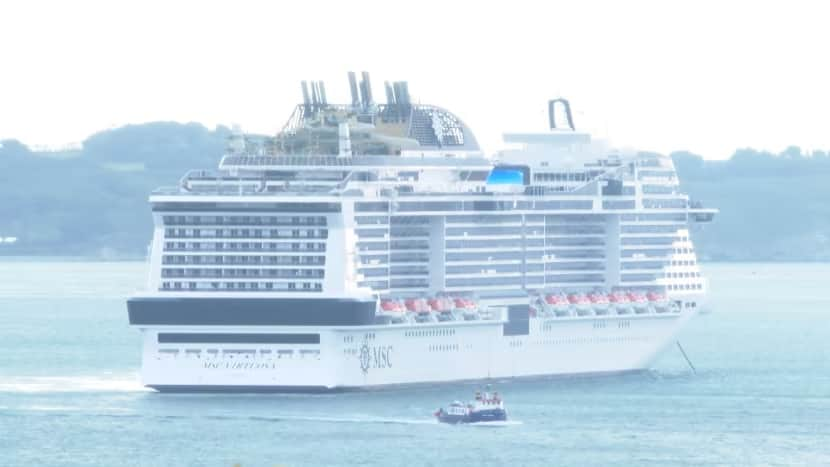


 …………
…………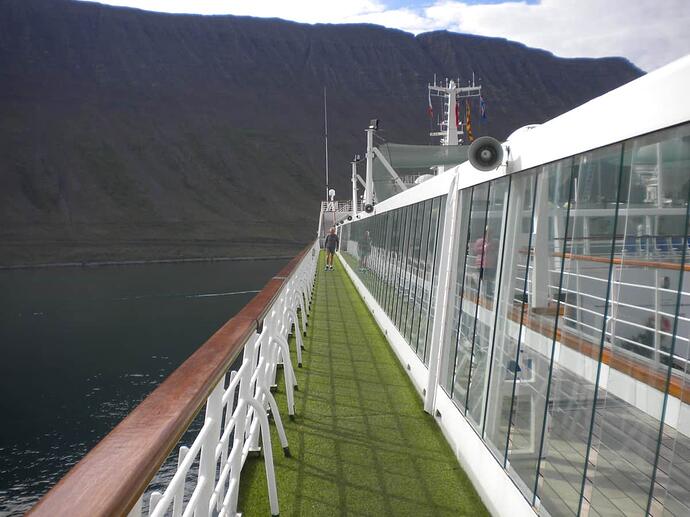
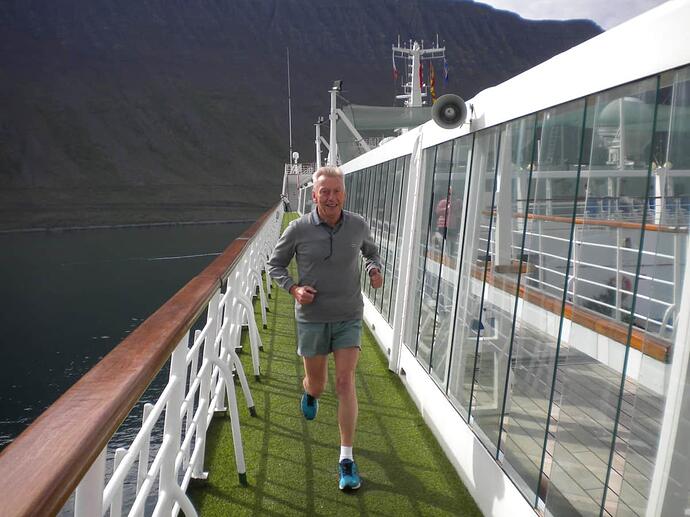
 I can’t see you wanting to go on a boat cruise if you couldn’t run. What’s it like running on the outskirts of a huge boat like this while it’s cruising?
I can’t see you wanting to go on a boat cruise if you couldn’t run. What’s it like running on the outskirts of a huge boat like this while it’s cruising?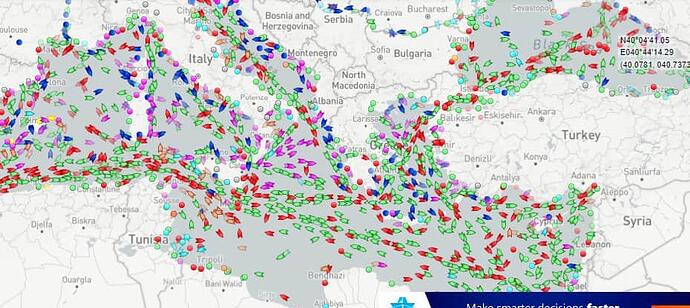
 I expected better from them.
I expected better from them.